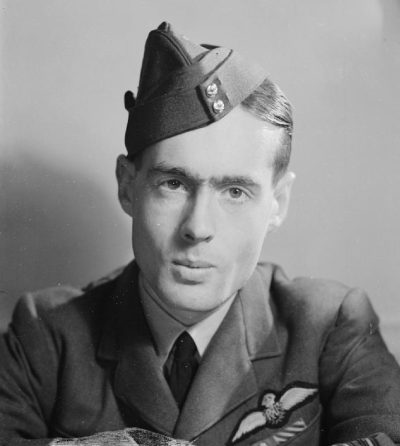About Us
Services delivered under the Leonard Cheshire brand date as far back as 1948, thanks to the pioneering work of a British World War II veteran, Lord Leonard Cheshire of Woodhall, United Kingdom (UK), which involved the building of homes for persons with disabilities in the UK after realizing that their needs were unaddressed. His idea resulted in the creation of Cheshire homes for disabled people all over the world, with the International Secretariat based in the UK. Today, Leonard Cheshire’s global legacy stretches to over 200 organizations across 54 countries, including Zimbabwe.
Leonard Cheshire Disability Zimbabwe (LCDZ), formerly known as Leonard Cheshire Homes Zimbabwe was started by an Irish Catholic Priest, who got the idea from his experience in the UK, in 1981. LCDZ started off with two residential houses for adults and children with disabilities where they stayed temporarily awaiting their rehabilitation. Following the global change in approach to disability, with the advent of the United Nations Convention on the Rights of Persons with Disabilities (UNCRPD) in 2006, and the shift from institutionalization to a rights— based approaches, in 2008, LCDZ decided to close all housing units and devote its resources to non—residential outreach services targeted at people with disabilities of all genders and ages.
For more than 10 years LCDZ has been championing high impact, adaptive programmes that have shifted the approach to disability work in Zimbabwe. Our strengths remain at the grassroots. Since starting its operations in Zimbabwe under the LCDZ tag in 1981, the organization has evolved to being a guru in disability inclusion renowned for its a rights— based, holistic, gender—sensitive, and disability—inclusive responsive programming.
You Have the Power to save the Change Worldwide
The Founder

Leonard Cheshire
7 September 1917 – 31 July 1992
Leonard Cheshire was a remarkable individual who dedicated his life to improving the lives of people with disabilities. He was born on September 7, 1917, in London, England, and went on to become a highly decorated Royal Air Force (RAF) pilot during World War II.
After the war, Leonard Cheshire experienced a profound transformation. He realized the immense challenges faced by individuals with disabilities and resolved to make a positive impact. In 1948, he founded the Leonard Cheshire Disability organization, which aimed to support disabled people by providing them with care, accommodation, and assistance in leading independent lives.
Under Cheshire’s leadership, the organization expanded significantly, establishing care homes, rehabilitation centers, and employment services across the United Kingdom and other parts of the world. Leonard Cheshire Disability became one of the largest charities in the UK, offering a wide range of services and advocating for the rights and inclusion of disabled individuals.
Throughout his life, Cheshire received numerous honors and awards for his humanitarian work. In 1991, he was elevated to the peerage as Baron Cheshire, and he became a member of the House of Lords. His commitment to philanthropy and his tireless efforts to improve the lives of disabled people left a lasting impact and inspired many others to follow in his footsteps.
Leonard Cheshire passed away on July 31, 1992, but his legacy continues to resonate. The organization he founded, now known as Leonard Cheshire Disability, carries on his work, providing vital support to disabled individuals and advocating for their rights worldwide. His remarkable life serves as an inspiration to individuals and organizations working towards a more inclusive and compassionate society.
Vision
A society in which every person with disabilities can enjoy their rights and have the opportunity to fulfill their potential
Mission
To empower persons with disabilities to improve their quality of life and to campaign for the removal of the barriers which hinder them.
Values
- Accountability
- Transparency
- Interegrity
- Respect
Partner with Us
If you represent an organization, business, or institution, consider partnering with us to implement disability-inclusive practices and create accessible environments. Together, we can make a broader impact and drive positive change.
